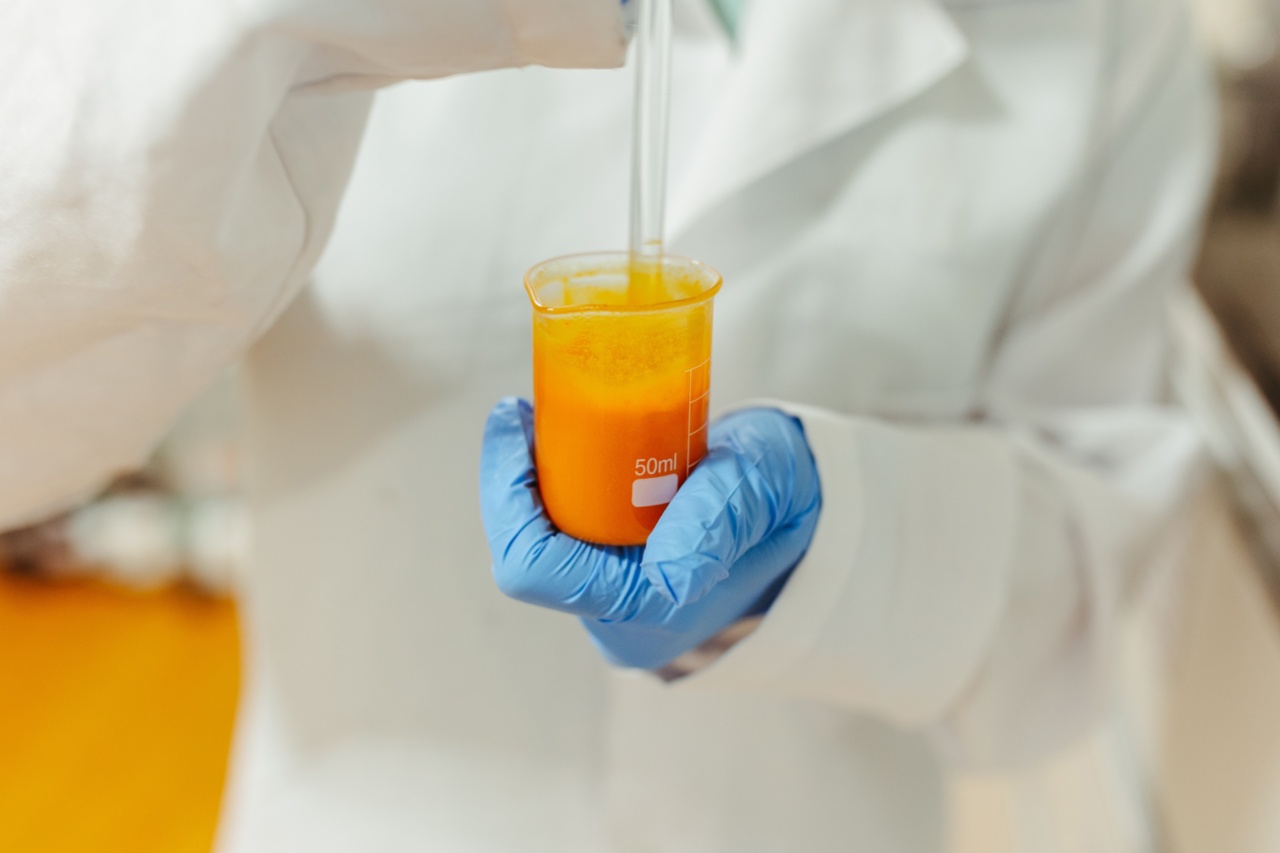Reproduction is a fundamental biological process that has been critical for the continuation of life on Earth.
The science of reproduction is a broad field that encompasses the study of how organisms reproduce, the processes involved in reproduction, and the factors that can affect it in different ways.
The Reproductive System
The reproductive system is an intricate network of organs and hormones that work together to produce offspring.
The male reproductive system comprises the testes, epididymis, vas deferens, prostate gland, and seminal vesicles, while females are made up of the ovaries, fallopian tubes, uterus, cervix, and vagina.
Reproductive Processes and Hormones
Reproduction in both males and females involves two main processes: gametogenesis and fertilization. Gametogenesis is the process of producing haploid gametes (sperm and eggs) from diploid germ cells.
Fertilization is the fusion of these haploid gametes to form a zygote, which eventually develops into a fetus.
Hormones play a vital role in reproductive processes. The hypothalamus and pituitary gland secrete a variety of reproductive hormones, including follicle-stimulating hormone (FSH), luteinizing hormone (LH), and human chorionic gonadotropin (hCG).
In males, testosterone is the primary reproductive hormone, while females rely on estrogen and progesterone for optimal reproductive function.
Factors Affecting Reproduction
Reproduction can be affected by various internal and external factors, including age, lifestyle, and medical conditions.
Women are born with a limited number of eggs, and as they age, the quality and quantity of their eggs decrease, which can impact fertility. Certain lifestyle factors such as smoking, alcohol consumption, and stress can also negatively affect reproductive function.
Medical conditions such as endometriosis, polycystic ovary syndrome (PCOS), and premature ovarian failure (POF) can also impact reproductive function.
For men, conditions such as low sperm count or motility, erectile dysfunction, and sexually transmitted infections can all affect fertility.
Assisted Reproductive Technologies
Assisted reproductive technologies (ART) are procedures designed to help individuals or couples who are struggling with fertility issues.
These methods include in vitro fertilization (IVF), intrauterine insemination (IUI), and intracytoplasmic sperm injection (ICSI).
IVF involves fertilizing an egg in a lab and then transferring it to the uterus. IUI involves placing sperm directly into the uterus using a catheter, while ICSI involves injecting a single sperm directly into an egg.
Reproductive Ethics and Legal Issues
As reproductive technologies continue to advance, ethical and legal issues surrounding them have arisen. These include concerns over the creation and disposal of embryos, the selection of certain characteristics in offspring (e.g.
gender or physical traits), and the use of reproductive technologies for non-medical reasons (e.g. creating “designer babies”).
The Future of Reproduction
Advances in reproductive science continue to shape the way we perceive and approach reproduction. With the development of gene editing technologies such as CRISPR, it may become possible to correct genetic defects in embryos before they are implanted.
Additionally, as the field of reproductive science matures, it may offer new possibilities for infertility treatment, helping more couples to start families.
Conclusion
Reproduction is a complex and multifaceted process that continues to fascinate and challenge scientists and the general public alike.
Understanding the science of reproduction is essential for individuals looking to start families, medical professionals working in reproductive health, and society as a whole.































